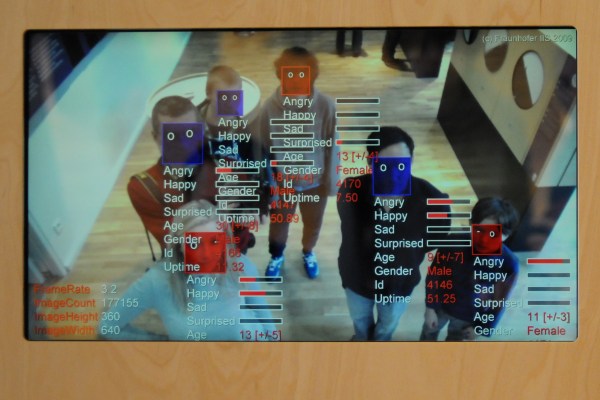Today, Senator Al Franken announced a new report by the GAO on the use of facial recognition technology. Franken has been on the side of looking into the privacy implications on that type of tech and says today that the report shows that there needs to be a set of federal standards in place before widely adopted.
Franken said in a release:
Over the past several years, we’ve seen tremendous growth in the use of facial recognition technologies, and it has profound implications for consumer privacy. Facial recognition tracks you in the real world—from cameras stationed on street corners and in shopping centers, and through photographs taken by friends and strangers alike. Last year, I asked the government’s independent investigative agency to examine the privacy implications of the commercial use of facial recognition technology.
The newly released report raises serious concerns about how companies are collecting, using, and storing our most sensitive personal information. I believe that all Americans have a fundamental right to privacy, which is why it’s important that, at the very least, the tech industry adopts strong, industry-wide standards for facial recognition technology. But what we really need are federal standards that address facial recognition privacy by enhancing our consumer privacy framework.
Companies like Facebook and Google use face-recognition technology to tag you in photos, for example, but as you could imagine, this technology could be used for nefarious things if it’s in the wrong hands (like The Terminator, with the wrong intentions). This unofficial Glass app was an example of something that got Franken and others riled up.
While there is no immediate recommendation coming from the GAO report, it does suggest that Congress look into “strengthening the consumer privacy framework” to reflect changes in evolving technologies. Basically, current laws didn’t have facial-recognition technology in mind when set…because it didn’t exist.
It’s a wild west for this tech right now, as the GAO report points out: “No federal privacy law expressly regulates commercial uses of facial recognition technology.”
Time to take a look, I guess.
